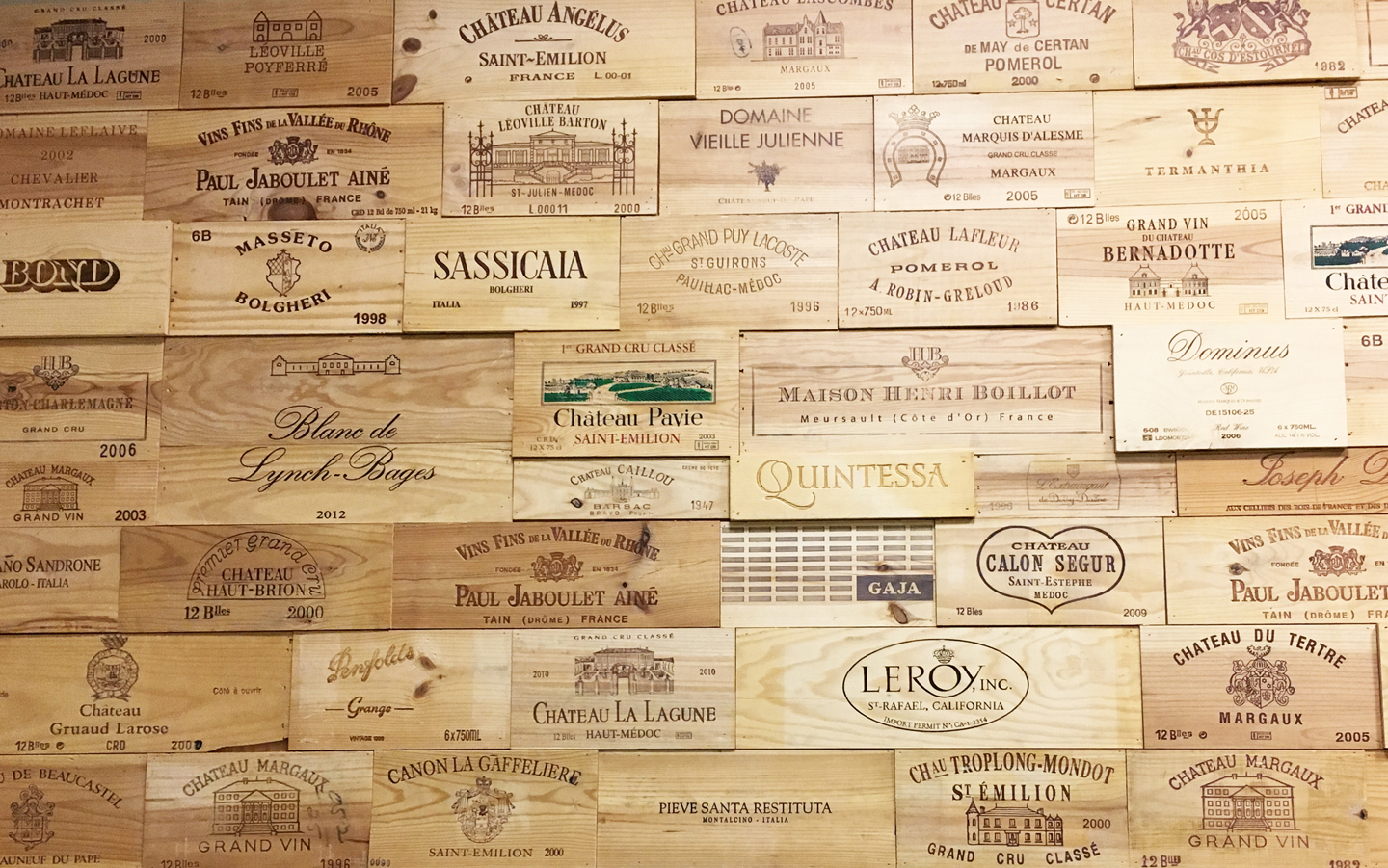A cellar is a necessity.
Fine Wines are worth paying extra for only if you can store and eventually serve them in good condition.
Whether your needs are for long-term or short-term wine storage, the conditions that you need to avoid include: heat (especially temperature changes), light, insufficient humidity and excess movement. The longer you plan to store your wine, the more important proper storage conditions in a controlled environment become.
Darkness
Light will prematurely age a bottle of wine. Naturally, clear bottles are most susceptible to this problem, but ultraviolet light can still penetrate dark colored glass. Ultraviolet light can also affect the aroma of the wine, ruining it. And if you’re a collector of sparkling wines, they are even more sensitive to light than other wines. It should be noted too, that incandescent or sodium vapor lights are better for a cellar than fluorescent lighting.
Humidity
Moderate humidity is important to keep the cork in good, resilient condition and to prevent it from shrinking. A relative humidity of 50-80% is the acceptable range, but closer to 70% is recommended. Excessive humidity will not harm the wine but will cause the labels and any other paper products – like cardboard boxes you have in the cellar – to rot. Insufficient humidity may cause the corks to dry out, lose their elasticity and thereby allow air to get into the bottle.
Temperature
Temperature is the most important factor in wine storage. It’s one factor that can make or break your collection. The optimum temperature for wine is 50 - 57°F (10-13°C). However, any constant temperature within 40 - 65°F (5-18°C) will do. More important than the actual temperature, is the degree or rapidity of fluctuation the wine is subjected to. A slow change of temperature of 10 or so degrees between winter and summer is not a big problem. But this kind of fluctuation on a daily or weekly basis can cause damage by aging the wine prematurely. You will notice damage of this nature from the sticky deposit that often forms around the capsule. In time, as the wine expands and contracts, it will damage the integrity of the cork.
Wines kept at too high of a temperature will age faster than wines kept at a cold temperature. Theoretically, wines kept at 68°F will age twice as fast as those kept at 50°F. At 55°F (12°C) wines will age so slowly – with ultimately greater complexity – that you will never have to worry about them. This is not to say the colder the better. Wine that is stored too cold can develop deposits or other suspensions in the wine. Finally, keep in mind that white wines are affected far more by temperature problems than red wines.
Storing wine for the appropriate amount of time at an ideal temperature will allow it to reach and maintain peak drink ability. Too warm and some aspects of the wine will mature and start to decline before other desirable traits have had time to be optimized. Too cold and the wine will not reach an ideal drink ability in your lifetime.
Movement
Calm should be every collector’s goal. Constant vibration from machinery or a nearby road can be harmful to all wines, especially red wine’s sediment. This is not commonly a problem in the average home, as dangerous extremes are rare and obvious. It should be remembered that excessive sound can create vibrations that can also be harmful. Wines should be stored in such a way that you don't have to move them around to get at a particular bottle. Once a wine is laid down, it should stay there until it is opened.
Angle of Storage
Table wine is stored horizontally so that the wine stays in contact with the cork. This keeps the cork moist thereby preventing air from entering the wine. Fortified wines other than port, are stored standing. If bottles are stored with the labels up, it will be easier to see the deposit of sediment that forms on the opposite side of the bottle when it comes time to open it.



